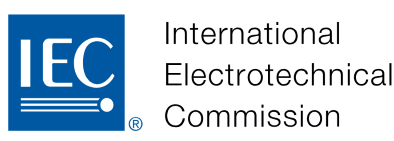IEC Full Form | What is International Electrotechnical Commission
What is the full form of IEC
IEC: International Electrotechnical Commission
IEC stands for International Electrotechnical Commission. It is a not-for-profit organization founded in 1906. It creates and publishes consensus-based International Standards and manages assessment systems for all electrical, electronic, and related technologies, which are collectively known as "Electrotechnology." IEC publications serve as a foundation for national standardization and as references while drafting international contracts, tenders, etc.

Its members come from all parts of the world. They represent the electrotechnical interests of their countries, businesses, companies, regulatory bodies, and educational institutes, and more.
Furthermore, the IEC also approaches new countries through its Affiliate Country Program. It also coordinates and cooperates with international regional and national partners to produce joint publications and to promote the importance of standardization across the world.
Values:
- To serve the world markets through standardization and conformity work for all electrical, electronic, and related technologies.
- To promote world trade and economic growth and encourage the development of products, systems, and services that are safe, efficient and environment-friendly.
Statutes & Procedures of IEC:
The governing document of IEC comprises Statutes & Procedures of IEC. It contains the rights and responsibilities of the member National Committees, the IEC Officers, and the management boards. The IEC's Directives describe the procedures of its technical work, rules for the structure and drafting of International standards.